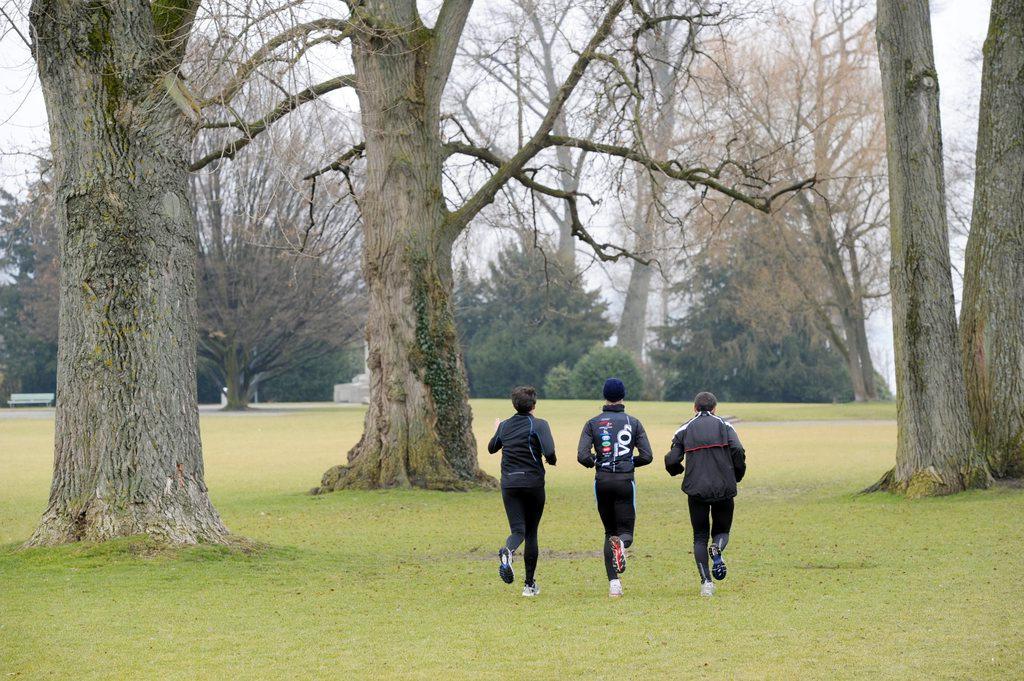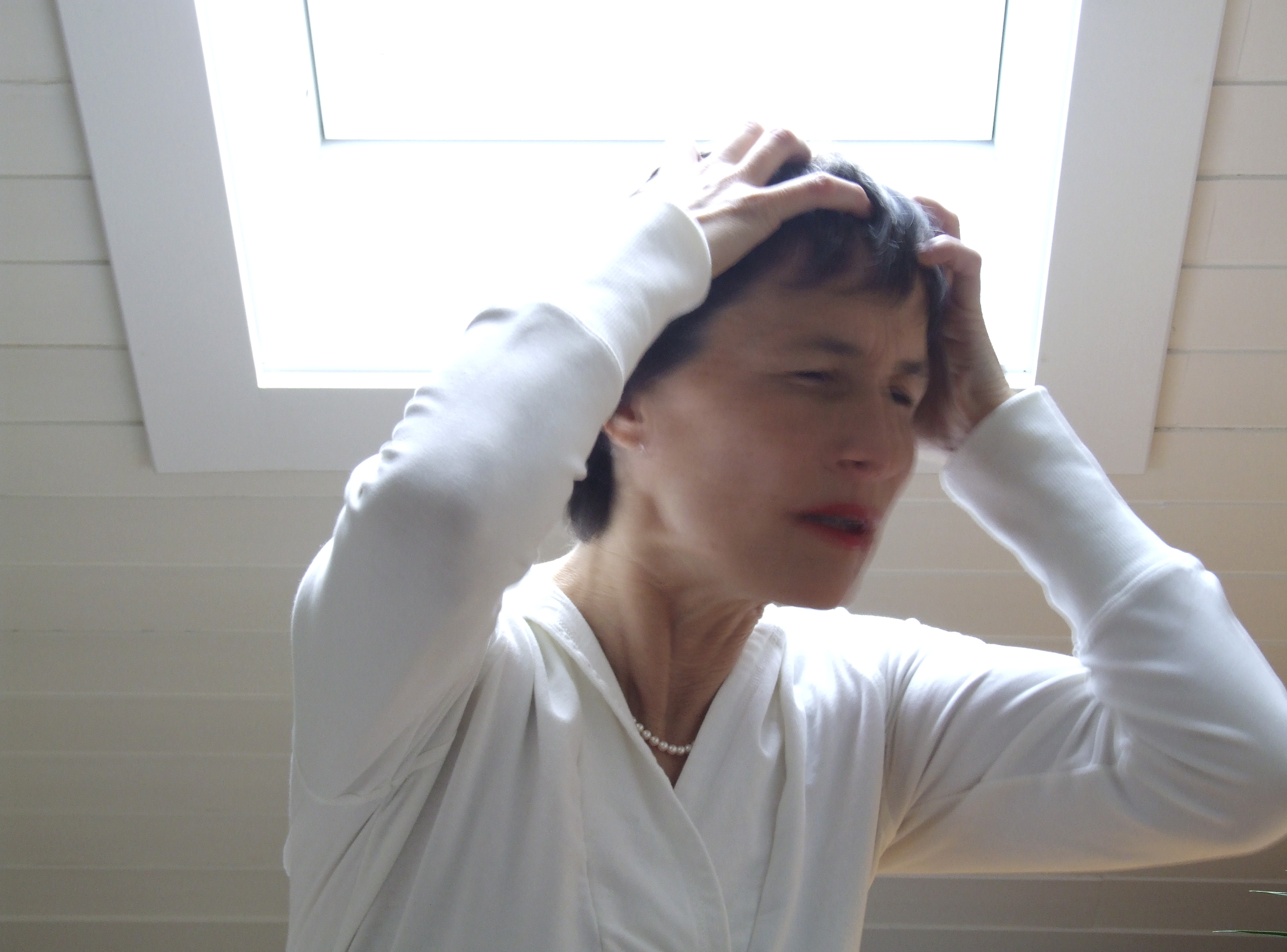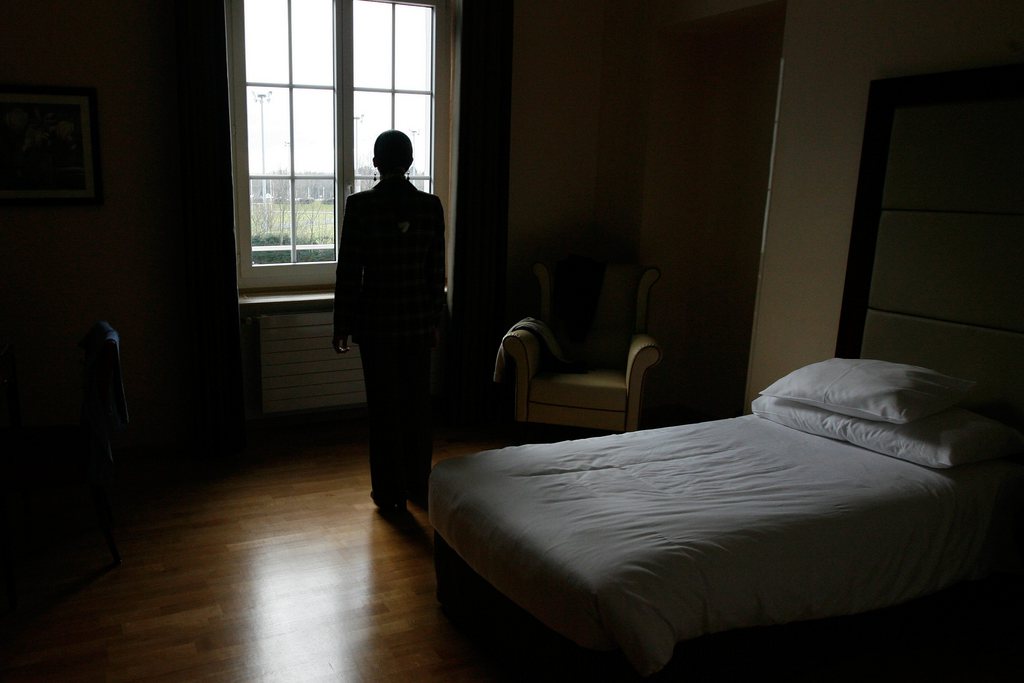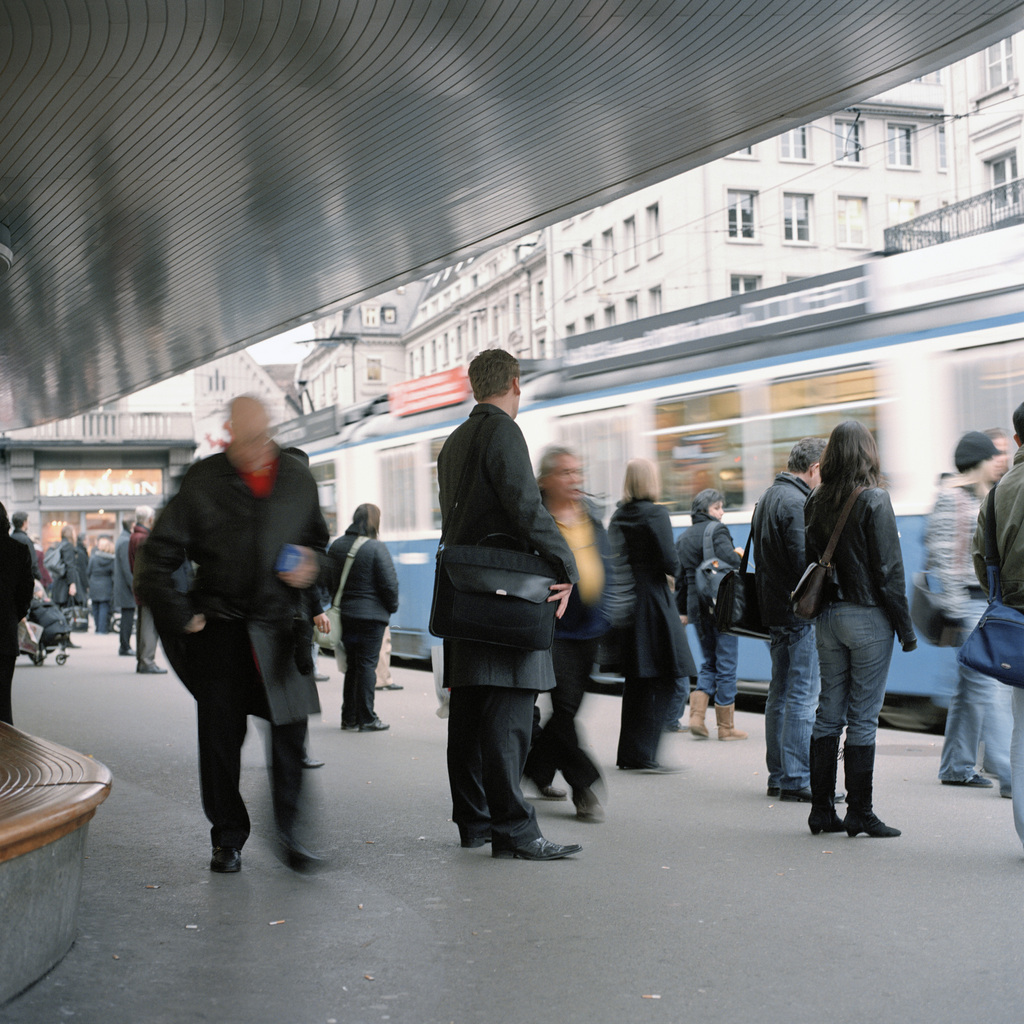Sport can help with depression, study confirms

The long-held assumption that sport and physical activity can alleviate depression has been confirmed by Swiss and German scientists, who have also demonstrated that movements in the brain partially trigger the same effects as antidepressants.
The team led by Mirko Wegner from the Institute of Sport ScienceExternal link at the University of Bern collated all the available data on the effects of sport on anxiety disorders and depression, involving a total of 40,000 people.
Wegner and colleagues from the Medical School Hamburg concluded that sport and physical activity have a positive effect on depression and work in a similar manner to antidepressants. They published their findings in the latest edition of scientific journal CNS & Neurological Disorders – Drug TargetsExternal link.
Antidepressants increase the concentration of serotonin, a neurotransmitter thought to be a contributor to feelings of well-being and happiness. Its functions also include the regulation of mood, appetite and sleep.
Antidepressants thus promote the generation of nerve cells in the hippocampus, an area of the brain involved with emotional behaviour. Depression, on the other hand, leads to cell death in the region, according to the researchers.
Sport also results in an increase of serotonin in the blood, stimulating the growth of nerve cells in the region.
Complementary treatment
“Unfortunately we can’t conclude from the meta-analyses [ways of comparing results from different studies] how often a week and for how long people should do sport,” Wegner said in a statement. “But one can see that sport and physical activity alleviate depression.”
However, while the effect of sport on depression was “medium-sized”, the effect on anxiety disorders was only small.
Given that sport is relatively cheap and has few side-effects, the researchers believe it could be a good complement to other treatments and therapies, although they admit that the details of how feasible this would be – and to what extent activity should complement medication – need further research.
While symptoms of deeper depression are relatively rare in Switzerland, affecting 3% of the population, milder symptoms including loss of energy, sleep disorders and loss of appetite affect about 16% of the Swiss, according to an analysis last year by the Swiss Health Observatory and regional service provider Psychiatrie Baselland.
It added that milder forms of depression, which are often left untreated, cost the economy an estimated CHF11 billion ($11.8 billion) every year. Depression not only lowers productivity and increases absenteeism, but belated treatment also increases the costs overall.

In compliance with the JTI standards
More: SWI swissinfo.ch certified by the Journalism Trust Initiative



You can find an overview of ongoing debates with our journalists here. Please join us!
If you want to start a conversation about a topic raised in this article or want to report factual errors, email us at english@swissinfo.ch.